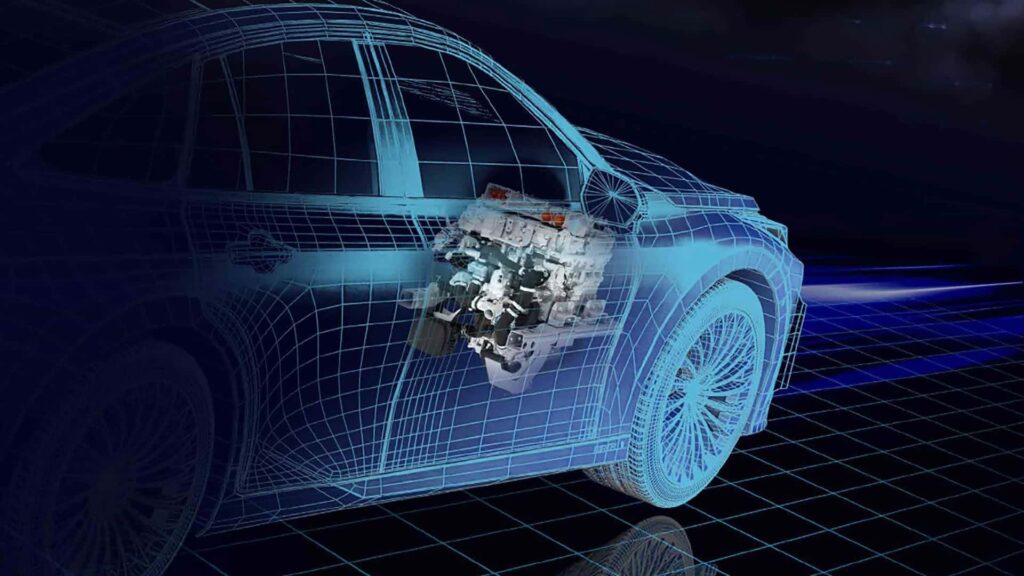Toyota’s latest hydrogen fuel cell system is set to revolutionize the industry with promises of lower costs and increased range. Despite a decline in sales last year, Toyota is forging ahead with its hydrogen powertrain development, unveiling its third-generation fuel cell system as part of its commitment to a hydrogen society.
The new system boasts a smaller, lighter design with enhanced durability and efficiency. Toyota claims that the third-gen FC System is up to two times more durable than its predecessor, offering diesel-like levels of dependability while requiring no maintenance. This advancement is a significant step forward in the quest for sustainable transportation solutions.
Fuel efficiency has also been a focal point of improvement, with Toyota stating that vehicles equipped with the new system can travel 20% further than before. For instance, the Toyota Mirai FCEV, known for its impressive 402-mile range, could potentially reach up to 480 miles on a full tank with the new fuel cell technology.
Moreover, Toyota has made strides in reducing manufacturing costs through innovative cell design and production processes. This cost-saving measure is expected to translate into lower prices for hydrogen-powered vehicles and stationary equipment, making them more accessible to consumers.
Despite challenges in passenger FCEV sales, Toyota remains committed to hydrogen applications in the commercial sector. Its fuel cell system is already utilized in stationary generators, train locomotives, heavy-duty trucks, and construction machinery. These applications showcase the versatility and environmental benefits of hydrogen fuel cell technology, especially in industries where traditional combustion engines and electric vehicles may not be practical.
The latest-generation hydrogen fuel cell system from Toyota will be unveiled at the International Hydrogen & Fuel Cell Expo in Tokyo next week. Commercial deployment is scheduled for markets in Japan, Europe, North America, and China starting from 2026. With continued advancements in hydrogen technology, Toyota is leading the charge towards a greener and more sustainable future for transportation.
In conclusion, Toyota’s third-generation fuel cell system represents a significant leap forward in hydrogen propulsion technology, offering improved performance, durability, and cost-effectiveness. As the automotive industry continues to shift towards cleaner energy solutions, Toyota’s commitment to hydrogen powertrains underscores its vision for a more sustainable transportation ecosystem.

